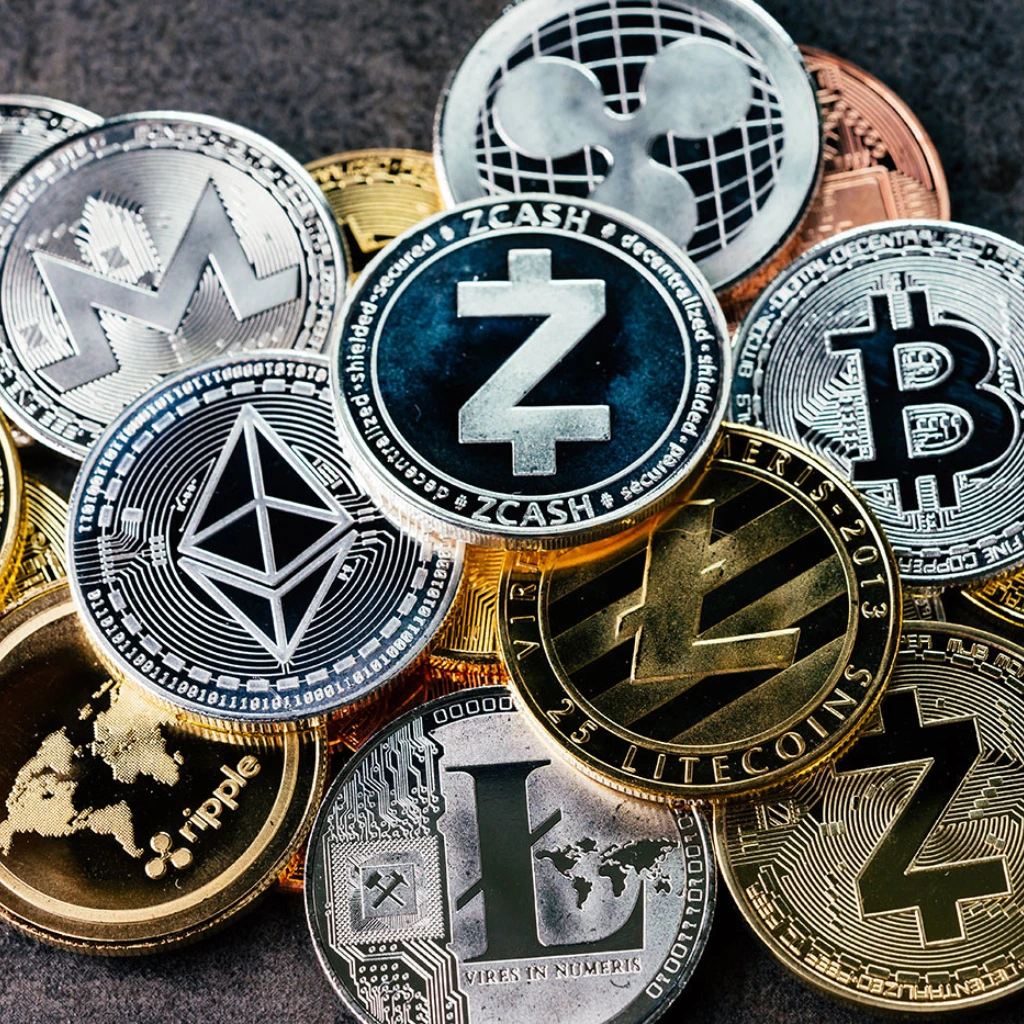Crypto Regulation in Thailand vs Global Trends: How Does 2025 Compare?
December 20, 2024

Thailand vs The World: How Do Crypto Laws in 2025 Compare?
Is Crypto Trading Legal in Thailand? Crypto is no longer a fringe topic in Thailand—and neither is regulation. While Thailand has taken significant steps to legitimize crypto trading under strict compliance, the global landscape has evolved as well.
So where does Thailand really stand in 2025 compared to other markets? Is it more open, or more cautious? This article compares Thailand’s crypto laws to international norms so you know where the country shines—and where it pulls back.
Is Crypto Trading Legal in Thailand: A Regulated but Open Approach
Since 2018, Thailand has regulated digital assets under its Digital Asset Business Emergency Decree, placing oversight in the hands of the Securities and Exchange Commission (SEC) and the Bank of Thailand (BoT).
Registered exchanges such as:
- Bitkub
- Binance Thailand
- Satang Pro
…are fully legal and regulated. But if you’re trading through offshore or unregistered apps, you may be violating Thai law.

Credit from : AljaZeera
Is Crypto Trading Legal in Thailand? How It Compares Globally
- Thailand: Requires licenses for all exchanges, brokers, and dealers.
- Singapore: Similar licensing model under MAS (Monetary Authority of Singapore).
- USA: Mixed state/federal framework; complex and often inconsistent.
- China: Complete ban on crypto trading and mining.
Thailand ranks closer to Singapore in approach—open to innovation, but heavily regulated.

Is Crypto Trading Legal in Thailand? Can You Use Crypto for Payments in Thailand?
No. Since 2022, Thailand has banned the use of crypto for purchasing goods or services. The reasoning? To avoid consumer confusion and mitigate price volatility.

Credit from : ETF Stream
Is Crypto Trading Legal in Thailand? How That Stacks Up Internationally
- Thailand: Crypto cannot be used for payments.
- EU: Payments allowed, but under MiCA’s (Markets in Crypto-Assets) new regulatory framework.
- Japan: Legal, with consumer disclosures required.
- India: Not officially banned, but discouraged through heavy taxation.
So while Thailand isn’t alone, it leans more conservative when it comes to day-to-day crypto use.
Taxes on Crypto Gains: What’s the Thai Rule?
Thailand applies a 15% capital gains tax on profits made from crypto trading. However, enforcement has been inconsistent. Some platforms issue tax documentation, while others don’t.

Credit from : Coingeek
Global Comparison
- Thailand: 15% capital gains tax.
- USA: Crypto taxed as property, subject to capital gains (up to 37%).
- Germany: No tax if held for more than 1 year.
- Malaysia: Currently no capital gains tax on crypto.
Thailand falls somewhere in the middle—not overly aggressive, but definitely not tax-free.
2025 Regulatory Updates in Thailand
In the past year, Thailand introduced:
- Stricter token listing reviews
- New KYC/AML compliance layers
- Exchange disclosure rules
- Testing for a Thai CBDC (Central Bank Digital Currency)
These updates bring Thailand closer to global regulatory best practices.
What’s Still Illegal in Thailand’s Crypto Scene?
Thailand continues to ban:
- Crypto gambling sites
- Unregistered exchanges (especially foreign ones)
- Stablecoins used for payments
- NFTs and tokens without clear value propositions
- Unlicensed crypto businesses
In contrast, some countries are relaxing NFT restrictions, while others like China maintain a blanket ban.

Credit from : Mustard Contemporary
Can Foreigners Trade Crypto in Thailand?
Yes—but only if they open a Thai bank account and go through full KYC procedures. They’re also subject to Thai tax laws on any capital gains.
Digital nomads using offshore exchanges technically operate in a legal gray zone.
Final Comparison: Thailand’s Legal Position in 2025
| Feature | Thailand | Global Peer Example |
|---|---|---|
| Trading Legal? | Yes | Most major countries |
| Crypto for Payments | No | EU: Yes / India: No |
| Licensed Exchanges Only | Required | (Singapore, Japan) |
| NFTs Regulated? | Case-by-case | Varies globally |
| Capital Gains Tax | 15% | USA: up to 37%, MY: 0% |
| CBDC Progress | In pilot stage | China: Launched, US: Testing |
Conclusion
Thailand has taken a balanced stance in 2025—pro-trading, but anti-payment, and increasingly aligned with international frameworks. If you’re trading within SEC-licensed exchanges and reporting gains properly, you’re operating legally.
Compared globally, Thailand is firm but fair—positioning itself as a serious but cautious player in the crypto space.

